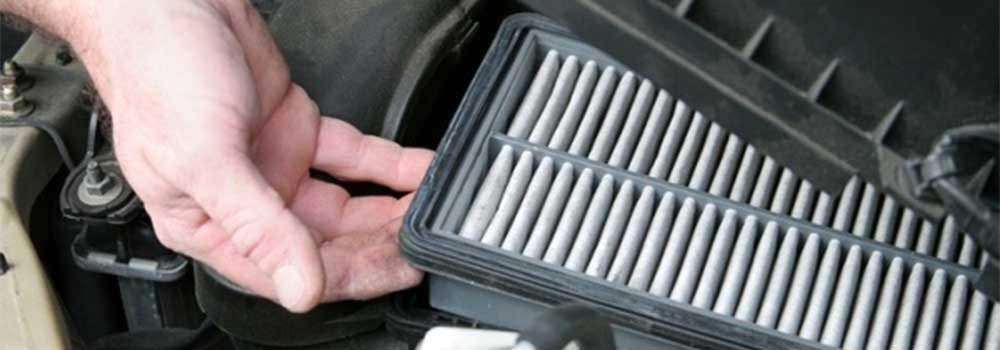The Importance Of Proper Truck Maintenance: Tips For Longevity
Trucks that are well cared for last longer and operate more efficiently. Accidents, breakdowns, and extra costs for repairs are all possible outcomes of ignoring preventative maintenance. Protect your investment and keep things running well by giving attention to upkeep.
Keep in mind that a vehicle that has been well-maintained is a lucrative truck. This article will discuss the value of regular truck maintenance and provide helpful advice for keeping your car in good shape. Continue reading before you look for trucking permits services.
Tips For Longevity Of Trucking Regular Inspections

Effective truck maintenance is built on a foundation of routine inspections. By doing regular checks, you may spot problems before they become catastrophic. Your vehicle’s tires, brakes, lighting, fluids, and engine parts should be your first stops. Check for any deterioration, leaks, or other damage. If you catch and fix minor issues before they become major ones, you may avoid having to spend more money and time fixing them later.
Make a checklist of everything that needs to be checked on your vehicle to save time and effort. Inspecting the car often, once per week, is a good starting point. You can prevent problems and keep your vehicle running like new by making inspections a regular part of your maintenance schedule.
Keeping up with your truck’s fluid levels is crucial to the health of your engine and other moving parts. Routine fluid checks and changes may avoid engine damage, overheating, and excessive wear. Watch out for these liquids.
Maintain the recommended oil change intervals and check the oil level regularly. Engines run more relaxed and more efficiently when lubricated with fresh oil. Keep the radiator at the proper level to avoid engine overheating. Periodically clean the system and look for leaks or contaminated coolant.
Brake fluid levels should be checked often and replenished as needed. If your truck’s brake fluid is low or contaminated, your stopping ability may suffer, putting you and other drivers in danger. Your truck’s key components and driving experience will benefit from a regimen of regular fluid maintenance.
Air Filter Care

The air filter in your vehicle is essential for preventing harmful particles like dust and debris from entering the engine. If the air filter is clean, the engine will run more efficiently and be less likely to break down.
A blocked filter reduces airflow and, in turn, engine efficiency over time. Be sure to check the filter for dirt and debris regularly. If it seems blocked or unclean, you should get a new one.
If you work in a dusty area or often drive on dirt roads, you should change your air filter more often. When it comes to filter change, stick to the guidelines provided by the manufacturer. The air filter should be changed once a year or every 12,000 to 15,000 miles, whichever comes first.
You might save money and resources long-term by switching to a washable, reusable air filter. Maintaining your truck’s air filter will result in a cleaner engine, enhancing fuel efficiency and performance.
Tire Maintenance
Safe driving and a long life for your vehicle may be achieved via regular tire maintenance. Correctly cared-for tires aid in fuel economy, reduce the likelihood of blowouts, and increase traction. For optimal tire performance, remember to:
Tire pressure should be checked often using an accurate pressure gauge. Tire handling, gas mileage, and tread life may suffer from underinflated tires. For the optimal pressure range, check the manufacturer’s specifications.
The tire tread should be inspected often. Bald or too-worn tires may cause handling problems, particularly in rainy or slick weather. Tires worn down to the manufacturer’s recommended depth should be replaced.
Get your tires aligned properly. Uneven tire wear from improper alignment decreases a vehicle’s handling and fuel economy and may lead to premature replacement. Uneven tread wear, vibrations, or a car that pulls to one side are all signs that the alignment needs to be examined.
Conclusion
Longevity and dependable performance from a vehicle depend on regular maintenance and trucking permits services. It’s important to keep up with routine checks, maintenance of fluids, air filters, tires, batteries, and brakes.
Observing these guidelines will reduce the likelihood of mechanical failures, boost gas mileage, and make driving safer. In addition to raising the likelihood of accidents, putting off maintenance causes disruptions in service and additional costs.


